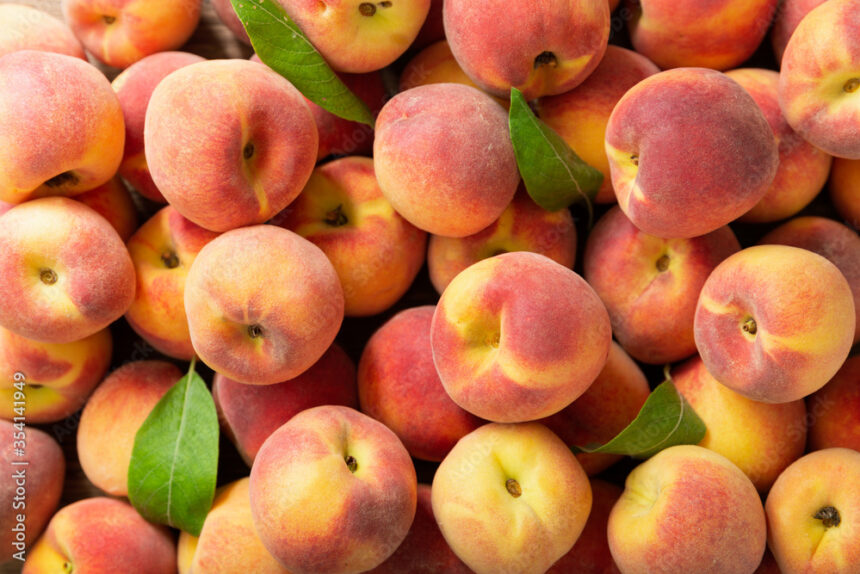Deciduous fruit farming is indeed a staple of South Africa’s agricultural sector. The country has a long history of producing a wide variety of deciduous fruits, including apples, pears, peaches, plums, nectarines, and apricots. The favorable climate, fertile soils, and well-established infrastructure make South Africa an ideal location for growing these fruits.
The Western Cape province, particularly the regions of Ceres, Grabouw, and Elgin, is known as the fruit basket of South Africa. It has a Mediterranean climate with cool, wet winters and warm, dry summers, which provides optimal conditions for deciduous fruit production. Other major fruit-producing regions in the country include the Eastern Cape, Mpumalanga, and Limpopo.
Deciduous fruit farming plays a significant role in the country’s economy and agricultural exports. South Africa is one of the leading exporters of deciduous fruits, with its produce reaching markets around the world. The fruit industry contributes to job creation, rural development, and foreign exchange earnings for the country.
The cultivation of deciduous fruits in South Africa involves both large-scale commercial farms and smaller family-owned operations. The sector employs advanced agricultural practices, including the use of modern irrigation systems, integrated pest management techniques, and quality control measures to ensure the production of high-quality fruits.
South African deciduous fruits are known for their excellent taste, nutritional value, and extended shelf life. The country has established a reputation for supplying fruits that meet international standards, complying with strict phytosanitary regulations, and employing sustainable farming practices.
The South African deciduous fruit industry faces challenges such as water scarcity, climate change, and pests and diseases. However, ongoing research and development efforts, along with collaborations between farmers, government institutions, and private entities, aim to address these challenges and ensure the long-term sustainability of the sector.
Overall, deciduous fruit farming is a vital component of South Africa’s agricultural sector, contributing to the country’s economy, job creation, and food security, while also making its mark in the global market as a reliable supplier of high-quality fruits.
Join 'Farmers Mag' WhatsApp Channel
Get the latest Farming news and tips delivered straight to your WhatsApp
CLICK HERE TO JOIN






